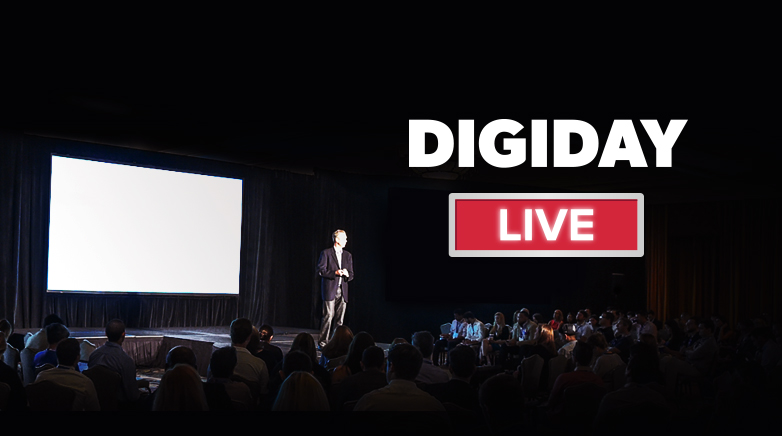Save 50% on a 3-month Digiday+ membership. Ends Dec 5.
Deutsche Telekom: Few companies will take all advertising in-house

Subscribe: iTunes | Stitcher | RSS | Anchor
Despite the buzz about in-house agencies, Gerhard Louw, head of international media management and digital transformation at Deutsche Telekom, thinks that doing advertising 100 percent in-house doesn’t reflect the reality of the business — and remains far off in the future for the company.
“We’re very far from in-housing and I think so many most other companies,” said Louw at the Digiday Brand Summit Europe held last November. “There will be more hybrid models, where some parts of the work will be in-house. Some brands might go completely in-house if it makes sense for them. That will be the minority. But the action in the next five years will be in hybrid models.”
Louw discussed the need for more control, what the hybrid model looks like and more. Edited highlights below:
Taking back control is the need of the hour.
“Google is for most brands, including us, the biggest single vendor based on search and other assets. Google, Facebook and Amazon are changing the ecosystem. They’re the people who sit at the table, they’re taking out money, we buy our views and impressions from. The changes are driving a new way of working for us. That paradigm is taking back control. We need to do more work ourselves.”
Brands have to find a new model to work in the post-consolidation world.
“Over the last 10 years, we went through consolidations around the globe to work with the same suppliers, same standards, same auditors and the same way of managing media. In the post-consolidation world, for a lot of advertisers, the answer to changing media and vendors is in the fragmentation of scope. For us, it means more vendors, doing more yourself and more control.”
Ad position: web_incontent_pos1
Consolidate technologies, not just agencies.
“We also decided to consolidate how we work with technology. We came up with a digital blueprint. Germany is our biggest market and was working with seven different servers. Different department working with different agencies had different ad servers. They were also using different analytics tools. We decided to consolidate and the principles were defined.”
Deutsche Telekom’s operating model is hybrid already.
“Our new operating model is different where we combine internal competencies with external specialists. We took the black box and opened it into different areas. We decided to contract specialists, smaller suppliers and big ones, to focus on different areas. And we had things to do ourselves. This is the heart of the hybrid model. The promise of the model is more control.”
More in Marketing

Ulta, Best Buy and Adidas dominate AI holiday shopping mentions
The brands that are seeing the biggest boost from this shift in consumer behavior are some of the biggest retailers.

U.K. retailer Boots leads brand efforts to invest in ad creative’s data layer
For media dollars to make an impact, brands need ad creative that actually hits. More CMOs are investing in pre- and post-flight measurement.
Ad position: web_bfu



